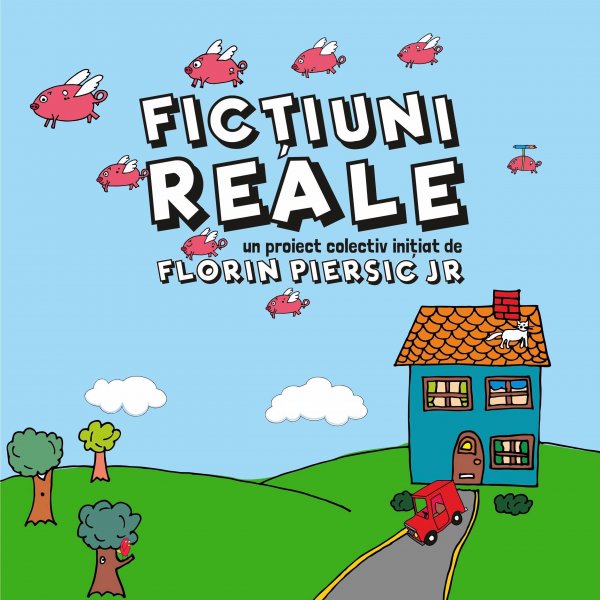I call out for them. Over and over. But they don't answer. I yell, but my screams meet the damp soil. Fear rips my insides and makes my body quiver into an unwanted dance. Behind tiny fingernails, the rigid wood builds its shelter and droplets of dry blood are evidence that I, too, was once a tiny human. And they loved me from the moment they saw me. With my arrival, they became parents. The happiness in their eyes gave me the strength to whine and struggle. But it was all in vain. I was declared stillborn.
Mira Wolf
Mommy told me not to grant favors easily, to only do so when the young man expressed his intentions openly. Otherwise, my flower would wilt prematurely, and nobody would ever ask for my hand in marriage again. I didn't understand a whole lot of what she said, but yesterday, when we were in the rose garden, I lifted my dress a little. Teodor was red in the cheeks, just like the petticoat. No sooner had my daddy heard of this sin, than he got his rifle, chased him, and then, shot poor Teodor in the leg.
Liviu Rusnaciuc Petru
Oh my dear God, Slimkins[1], if our folks find out what we did, they'll send us back to where we came from. You're so stupid, Pudgykins. Doors fall into depression when they see you and you want to go in. Where should you go, into another universe? Slimkins, if you don't wish to die like a bug crushed under my feet, shut up. What kind of fashion is it to make an uniform for Eurovision out of dad's skirt? Pudgykins, let me hear you sing a bit of Moscova, vesela[2]. The skirt is for me. I'm a bigot, one of those visigoths. I'm going to tell on you to mommy and daddy. Which mommy and daddy, woman[3]? You forget we're orphans.
[1] In the original, these are names made up from the Romanian words \'slab' (slim) and \'durduliu' (pudgy). I used the diminutive suffix -kin to create equivalents in English.
[2] Here, Moscova, vesela translates as: The happy Moscova. It's a reference to the song Sorcova, vesela which is a Romanian carol and to the Romanian expression A fi ca o sorcovă - to be dressed in a silly, ridiculous way.
[3] The Romanian interjection used here is \'fă'. There is no perfect equivalent in English. The interjection is used pejoratively to refer to a woman.
Real Fiction is a collective project started in 2013 by Florin Piersic Jr. The concept of Real Fiction continued to exist as a Facebook group, after a volume of stories was published at Humanitas Publishing House. (In July 2024, the group has 13,200 members.) The authors write ultra-short stories, with the texts limited to 500 characters (in Romanian, so the length of the English translation might be a little different) - a flash-fiction exercise on a topic that changes every few days. The group's coordinators are Florin Piersic Jr., Gabriel Molnar, Răzvan Penescu, Luchian Abel, Monica Aldea, and Vlad Mușat. (Drawing by Adrian T. Roman)
Versiunea în română a acestui text se poate citi aici, în rubrica Ficțiuni Reale.
